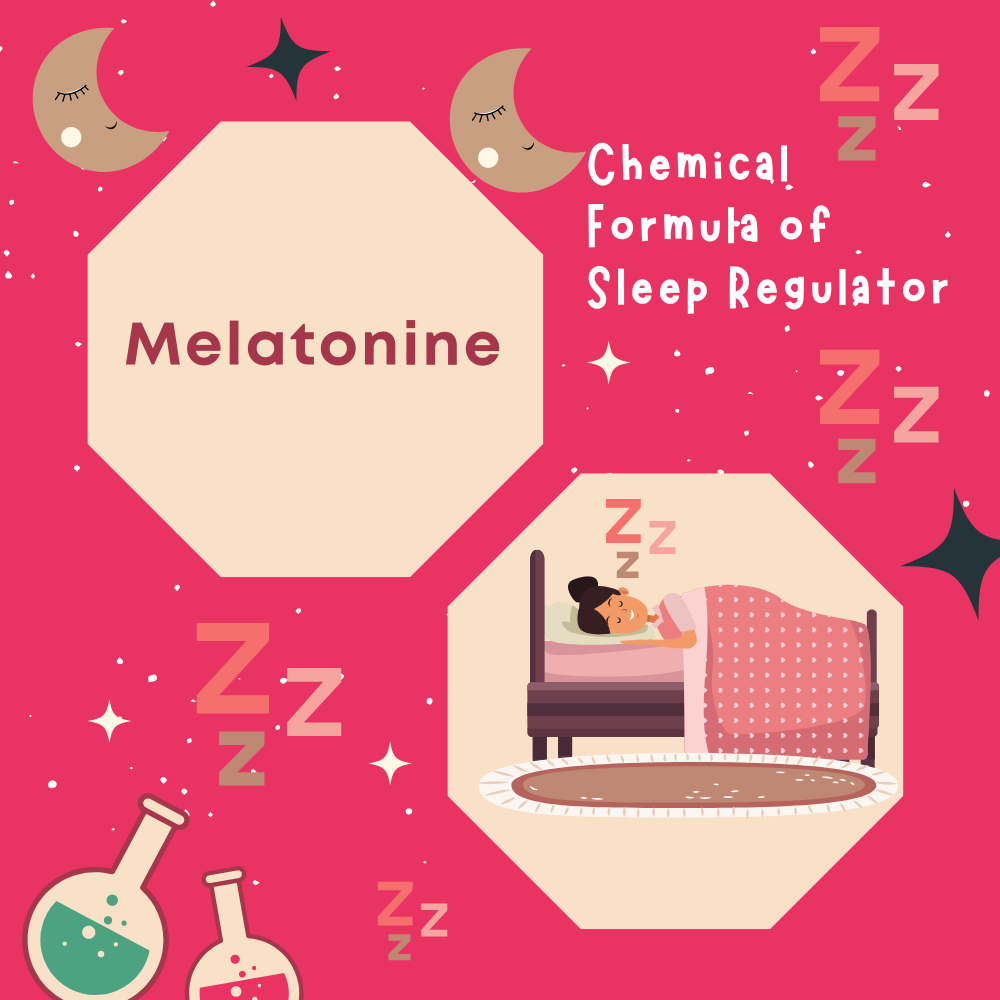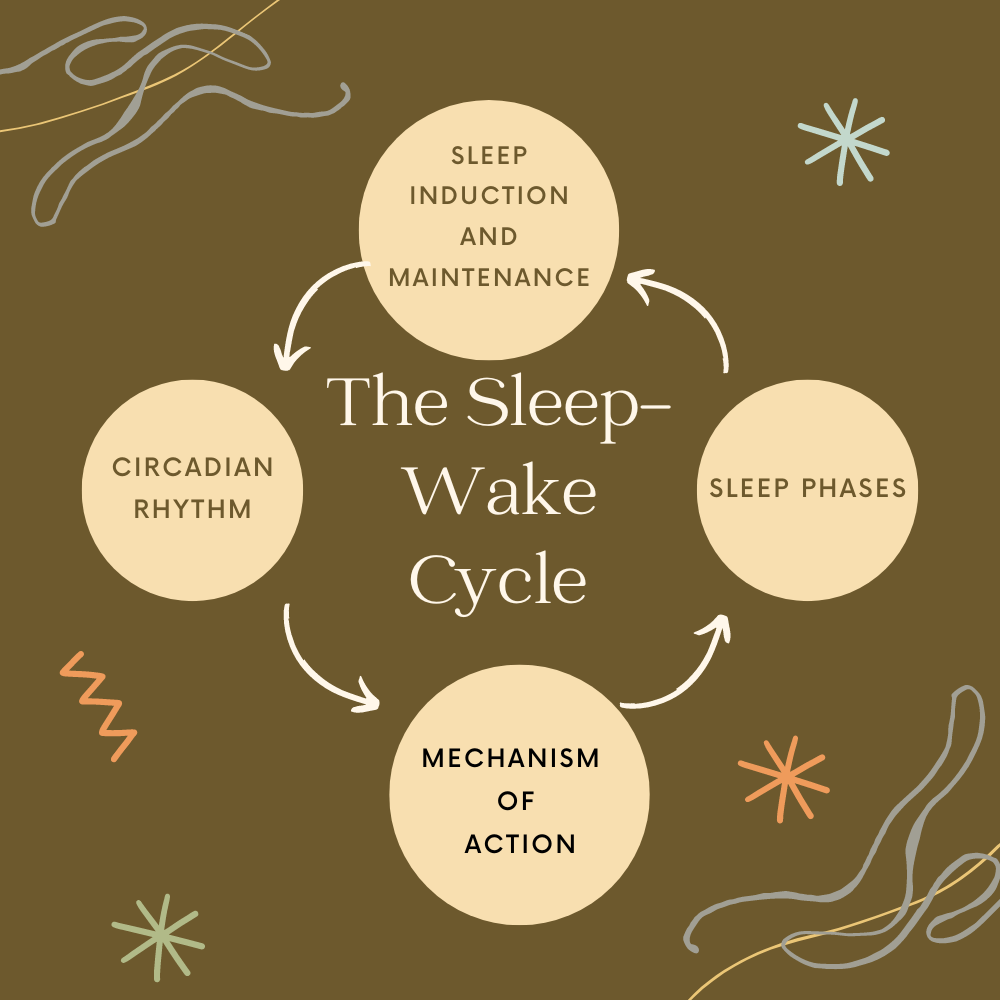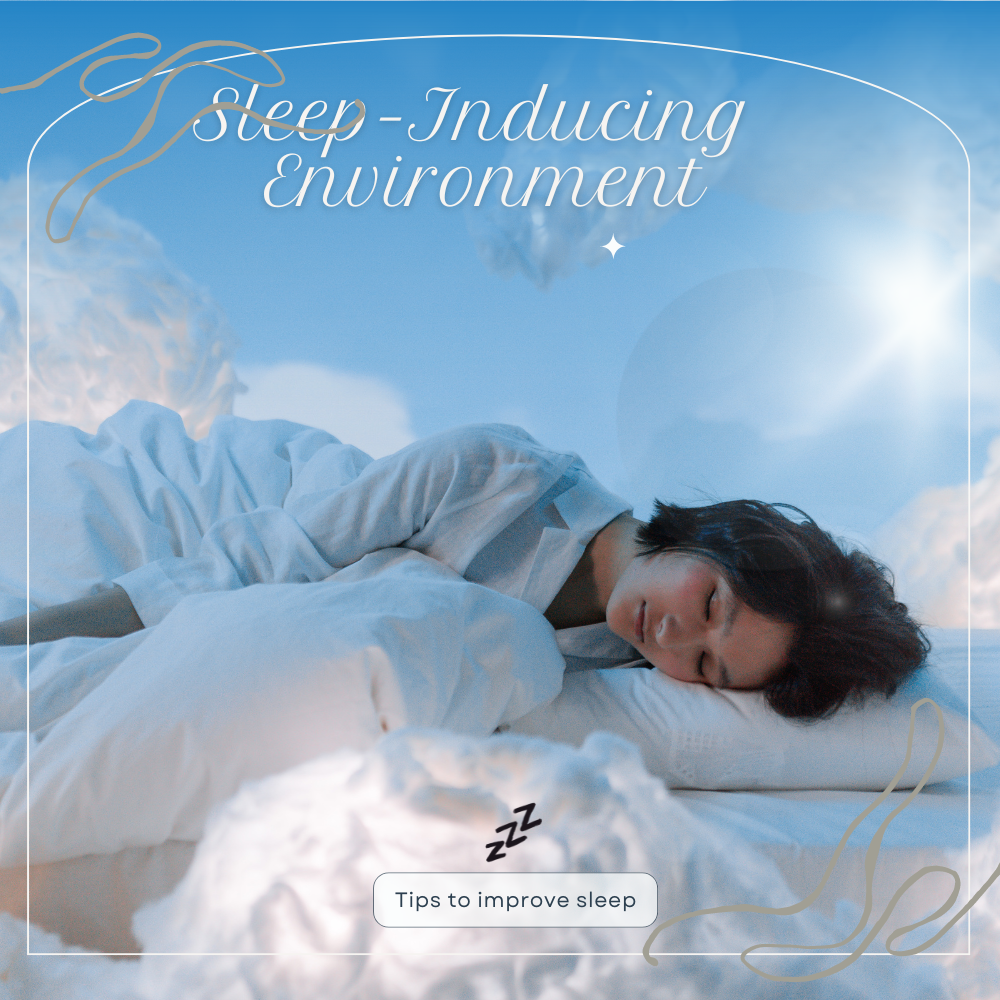Understanding the Role of Melatonin Hormone in Sleep Regulation
MELATONINE HORMONE
Introduction
Melatonin is a hormone produced by the pineal gland, a small endocrine gland located near the center of the brain. It is crucial for regulating the sleep-wake cycle, also known as the circadian rhythm. Melatonin’s production and release are influenced by light and darkness, making it a key player in aligning our internal clock with the external environment.
What is Melatonin?

- Synthesis: Melatonin is synthesized from tryptophan, an essential amino acid found in many protein-rich foods. Tryptophan is first converted into serotonin, a neurotransmitter that regulates mood, and then into melatonin. This conversion primarily occurs in the pineal gland.
- Biological Functions: Beyond sleep regulation, melatonin has antioxidant properties, supports immune function, and helps regulate body temperature and blood pressure. It also plays roles in mood regulation and seasonal reproduction in some animals.
- Chemical Pathway: Melatonin synthesis begins with tryptophan, an essential amino acid. Tryptophan is converted into serotonin, which is then acetylated and methylated to form melatonin. This process involves enzymes such as serotonin N-acetyltransferase (NAT) and hydroxyindole-O-methyltransferase (HIOMT).
- Pineal Gland Function: The pineal gland, located in the brain’s center, secretes melatonin. Its activity is regulated by the suprachiasmatic nucleus (SCN) of the hypothalamus, which receives light signals from the retina and modulates melatonin production accordingly.
The Sleep-Wake Cycle

- Circadian Rhythm: The circadian rhythm is an intrinsic time-keeping system that cycles roughly every 24 hours. It regulates various physiological processes, including hormone secretion, body temperature, and sleep-wake patterns. Melatonin helps synchronize the circadian rhythm with the light-dark cycle.
- Mechanism of Action: As daylight fades, the SCN signals the pineal gland to produce melatonin, which is released into the bloodstream. Melatonin levels rise in the evening, peak in the middle of the night, and gradually decrease towards morning. This process promotes sleep onset, maintenance, and quality.
- Sleep Phases: Melatonin influences different sleep stages. It helps transition from wakefulness to sleep and enhances the quality of deep sleep (slow-wave sleep) and REM sleep, both essential for physical and cognitive health.
- Sleep Induction and Maintenance: Elevated melatonin levels in the evening signal the body to prepare for sleep, leading to reduced alertness and body temperature. This promotes sleep onset and maintenance, enhancing overall sleep quality and duration.
Practical Tips for Enhancing Melatonin Production
1. Regulate Light Exposure
Daytime Light Exposure
- Mechanism: Light exposure during the day, especially in the morning, helps synchronize your internal clock (circadian rhythm) by signaling to your brain that it is time to be awake. This process involves the SCN, which inhibits melatonin production during the day and promotes its release in the evening .
- Recommendations:
- Morning Sunlight: Spend at least 30 minutes outside in natural sunlight within an hour of waking up.
- Light Therapy: Use a light therapy box (10,000 lux) for 20-30 minutes in the morning if natural light is not accessible, especially during winter months or in high latitudes.
Evening Light Avoidance
- Mechanism: Blue light (400-490 nm) suppresses melatonin production more than other light wavelengths by stimulating retinal ganglion cells, which send signals to the SCN. This suppression delays the onset of sleep and can disrupt sleep patterns .
- Recommendations:
- Blue Light Filters: Use software like f.lux or built-in night modes on smartphones and computers to reduce blue light exposure.
- Blue-Light-Blocking Glasses: Wear glasses that block blue light in the evening, especially if you need to use electronic devices.
- Dim Lighting: Use dim, warm-colored lights (e.g., red or orange bulbs) in the evening to minimize melatonin suppression.
2. Create a Sleep-Inducing Environment

Darkness
- Mechanism: Darkness triggers the pineal gland to produce melatonin, which is essential for initiating and maintaining sleep. Even small amounts of light can disrupt this process .
- Recommendations:
- Blackout Curtains: Install blackout curtains to eliminate external light sources.
- Eye Mask: Use an eye mask if blackout curtains are not an option or if there are still light intrusions.
- Light Elimination: Cover or turn off any light-emitting devices in the bedroom.
Cool Temperature
- Mechanism: The body’s core temperature naturally drops in the evening, signaling the onset of sleep. A cool environment supports this physiological change and promotes deeper sleep .
- Recommendations:
- Thermostat: Set your bedroom temperature to 60-67°F (15-19°C).
- Bedding: Use breathable, moisture-wicking materials for your bedding to maintain a comfortable temperature.
- Cooling Gadgets: Consider using a cooling mattress pad or a fan to keep the environment cool.
Noise Control
- Mechanism: Unwanted noise can cause micro-arousals or wake you up completely, disrupting your sleep cycle and reducing sleep quality .
- Recommendations:
- White Noise Machines: Use white noise machines or apps to create a consistent auditory environment that masks disruptive noises.
- Earplugs: Wear earplugs if you cannot control the noise level in your environment.
- Soundproofing: Consider adding soundproofing materials to your bedroom, such as heavy curtains or acoustic panels.
3. Establish a Consistent Sleep Schedule
Regular Bedtime and Wake Time
- Mechanism: Consistency in sleep and wake times helps regulate your circadian rhythm, making it easier to fall asleep and wake up naturally. Irregular sleep patterns can confuse your internal clock and disrupt melatonin production .
- Recommendations:
- Fixed Schedule: Go to bed and wake up at the same time every day, even on weekends.
- Gradual Adjustments: If you need to change your sleep schedule, make gradual adjustments (15-30 minutes earlier or later) to help your body adapt.
4. Diet and Supplements

Melatonin-Rich Foods
- Mechanism: Certain foods contain melatonin or its precursors, such as tryptophan, which can be converted into melatonin in the body .
- Recommendations:
- Cherries: Consume tart cherry juice or fresh cherries, which have been shown to increase melatonin levels and improve sleep quality .
- Other Foods: Include foods rich in tryptophan (e.g., turkey, chicken, eggs), magnesium (e.g., nuts, seeds), and vitamin B6 (e.g., bananas, chickpeas), which support melatonin production.
Avoid Stimulants
- Mechanism: Caffeine blocks adenosine receptors, which promote sleepiness, and nicotine stimulates the release of adrenaline, both of which can delay sleep onset and reduce sleep quality .
- Recommendations:
- Caffeine Cut-off: Avoid caffeine at least 4-6 hours before bedtime. Be aware of hidden sources of caffeine in certain teas, sodas, and medications.
- Nicotine Avoidance: Avoid nicotine products, especially in the evening.
Melatonin Supplements
- Forms and Dosage: Melatonin supplements come in various forms, including tablets, capsules, gummies, and liquid. Common dosages range from 0.5 mg to 10 mg. It is recommended to start with a lower dose and adjust as needed.
- Uses: Melatonin supplements are used to treat a variety of sleep disorders, including insomnia, jet lag, delayed sleep phase syndrome, and shift work disorder. They can also help manage sleep issues in children with neurodevelopmental disorders.
- Effectiveness: Research shows that melatonin supplements can reduce the time it takes to fall asleep, increase total sleep duration, and improve sleep quality, especially in people with circadian rhythm disorders.
Effectiveness and Research
- Insomnia: Melatonin has been found to be particularly effective in individuals with insomnia, helping them fall asleep faster and stay asleep longer.
- Jet Lag: For travelers crossing multiple time zones, melatonin can help reset the internal clock, reducing symptoms such as daytime fatigue and disorientation.
- Shift Work: People with irregular work schedules can benefit from melatonin to align their sleep-wake cycle with their work hours, improving sleep quality and daytime alertness.
- Children: Melatonin can be useful for children with sleep disorders, particularly those with ADHD or autism spectrum disorder. However, long-term effects are not fully understood, and use should be supervised by a healthcare provider.
Safety and Side Effects
- Short-term Use: Melatonin is generally safe for short-term use, with mild side effects such as dizziness, headache, nausea, and daytime drowsiness.
- Long-term Use: Long-term safety studies are limited. Concerns include potential hormonal effects, especially in children and adolescents, and interactions with other medications. It is essential to consult a healthcare provider before prolonged use.
- Drug Interactions: Melatonin can interact with various medications, including anticoagulants, immune suppressants, diabetes medications, and contraceptives. It’s important to discuss with a healthcare provider if you are taking other medications.
- Special Populations:
- Pregnancy and Breastfeeding: Limited research exists on melatonin use during pregnancy and breastfeeding, so it is recommended to consult a healthcare provider.
- Chronic Conditions: Individuals with autoimmune diseases, epilepsy, or other chronic conditions should use melatonin under medical supervision, as it may exacerbate certain conditions or interact with other treatments.
Conclusion
Melatonin is essential for regulating sleep and aligning the sleep-wake cycle with the natural light-dark cycle. Understanding how melatonin works and the factors that affect its production can help improve sleep hygiene and overall health. Melatonin supplements, when used appropriately and under professional guidance, can be an effective tool for managing sleep disorders and enhancing sleep quality.
Further Reading
- “Melatonin and the Biological Clock” – National Center for Biotechnology Information (NCBI)
- “The Role of Melatonin in the Promotion of Sleep: A Review” – Journal of Sleep Research
- “Melatonin: Uses, Side Effects, Interactions, Dosage, and Warning” – WebMD
- “Clinical Guidelines for the Use of Melatonin in Sleep Disorders” – Sleep Medicine Reviews
By diving deeper into the science and practical applications of melatonin, individuals can better understand its role in sleep regulation and make informed decisions about its use.
FAQ: Understanding the Role of Melatonin Hormone in Sleep Regulation
Q. What is melatonin?
Melatonin is a hormone produced by the pineal gland in the brain that helps regulate the sleep-wake cycle. It is often called the “hormone of darkness” because its production increases in response to darkness and decreases with light exposure.
Q. How does melatonin affect sleep?
Melatonin helps synchronize the circadian rhythm, the body’s internal clock that regulates the sleep-wake cycle. It promotes sleep onset by reducing alertness and body temperature, leading to improved sleep quality and duration.
Q. What factors influence melatonin production?
Several factors can affect melatonin production:
- Light Exposure: Blue light from screens and artificial lighting can suppress melatonin production.
- Age: Melatonin production decreases with age.
- Diet: Foods rich in tryptophan support melatonin synthesis.
- Lifestyle: Regular exercise and consistent sleep schedules promote healthy melatonin levels.
Q.What are melatonin supplements used for?
Melatonin supplements are used to treat various sleep disorders, including insomnia, jet lag, delayed sleep phase syndrome, and shift work disorder. They can also help manage sleep issues in children with neurodevelopmental disorders.
Q. What is the recommended dosage for melatonin supplements?
Common dosages for melatonin supplements range from 0.5 mg to 10 mg. It is generally advisable to start with a lower dose and adjust as needed based on effectiveness and tolerance.
Q. Are melatonin supplements safe?
Melatonin is generally safe for short-term use, with mild side effects such as dizziness, headache, nausea, and daytime drowsiness. Long-term safety is less well-studied, particularly in children and adolescents, and it is important to consult a healthcare provider before prolonged use.
Q. Can melatonin supplements interact with other medications?
Yes, melatonin can interact with various medications, including blood thinners, immune suppressants, diabetes medications, and contraceptives. It is important to discuss with a healthcare provider if you are taking other medications.
Q. How can I naturally boost my melatonin levels?
- Optimize Light Exposure: Get plenty of natural light during the day, especially in the morning. In the evening, dim the lights and avoid screens at least an hour before bedtime.
- Create a Sleep-Conducive Environment: Keep the bedroom cool, dark, and quiet. Consider using blackout curtains or an eye mask to block out light.
- Maintain a Consistent Sleep Schedule: Go to bed and wake up at the same time every day, even on weekends.
- Consider a Sleep Routine: Engage in relaxing activities before bed, such as reading, taking a warm bath, or practicing mindfulness meditation.
Q.Is melatonin safe for children?
Melatonin can be beneficial for children with sleep disorders, particularly those with ADHD or autism spectrum disorder. However, the long-term effects are not fully understood, and melatonin use in children should be supervised by a healthcare provider.
Q. Can pregnant or breastfeeding women take melatonin?
Limited research exists on melatonin use during pregnancy and breastfeeding, so it is recommended to consult a healthcare provider before using melatonin in these circumstances.
Q. How effective is melatonin for treating jet lag?
Melatonin is effective in helping reset the body’s internal clock to a new time zone, reducing symptoms such as daytime fatigue and disorientation associated with jet lag. It is typically taken 30 minutes before bedtime at the destination for a few days post-arrival.
Q. How does melatonin help with shift work disorder?
Melatonin supplements can assist individuals with irregular work schedules by aligning their sleep-wake cycle with their work hours, improving sleep quality and daytime alertness.
Q. Can melatonin help with insomnia?
Yes, melatonin can be effective in reducing sleep onset latency, increasing total sleep time, and improving sleep quality, particularly in individuals with insomnia and circadian rhythm disorders.
Q. What are the side effects of melatonin?
Common side effects of melatonin include dizziness, headache, nausea, and daytime drowsiness. Serious side effects are rare but can occur, especially with high doses or long-term use.
Q. What should I consider before taking melatonin supplements?
- Consult a Healthcare Provider: Especially if you have chronic conditions, are taking other medications, or are pregnant or breastfeeding.
- Start with a Low Dose: Begin with the lowest effective dose and adjust as needed.
- Monitor Side Effects: Be aware of potential side effects and report any adverse reactions to your healthcare provider.